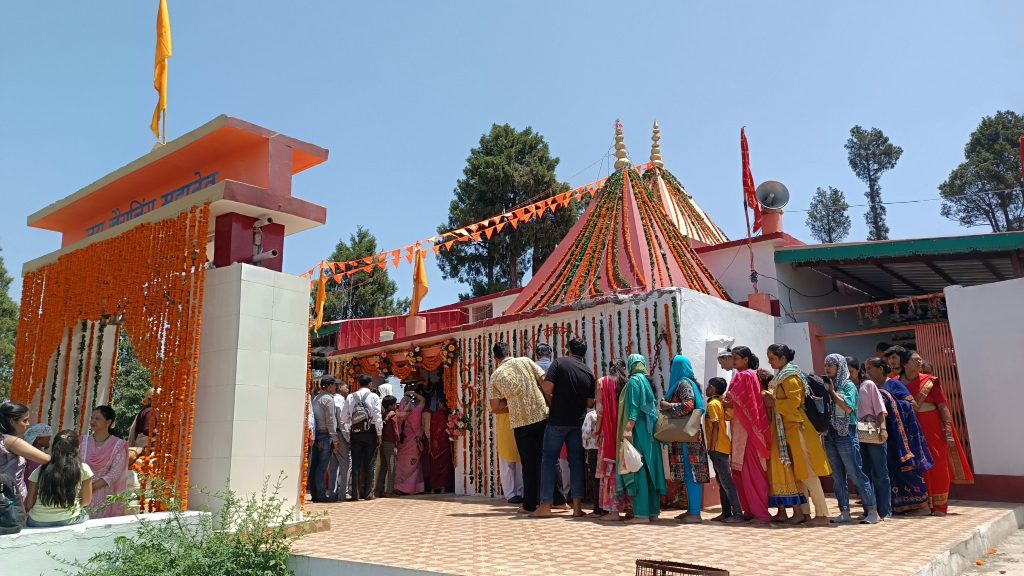In a recent social media outburst, Cynthia Erivo, the acclaimed actress and singer, voiced her strong disapproval of a fan-edited poster for the upcoming film adaptation of the beloved musical ‘Wicked.’ The poster, which features Erivo alongside fellow star Ariana Grande, was described by Erivo as ‘offensive’ and ‘deeply hurtful.’ This sentiment reflects the ongoing conversations about representation and the impact of fan culture in the entertainment industry.
The original poster, released by Warner Bros., was a homage to the classic Broadway artwork, showcasing Grande’s Glinda whispering into the ear of Erivo’s Elphaba. However, the fan-edited versions attempted to alter the visual narrative, which led to significant backlash. Erivo articulated her frustration, stating that the alterations made to her image were among ‘the most offensive things’ she had encountered. The actress emphasized that such edits not only distort artistic intent but also perpetuate harmful stereotypes and undermine the hard work of those involved in the film.
As the release date for ‘Wicked’ approaches, the anticipation among fans continues to grow, but so does the scrutiny of how characters are portrayed, particularly for actors of color. The conversation surrounding the edits highlights a broader issue within the fandoms, where personal interpretations can sometimes cross the line into insensitivity. Erivo’s comments have sparked discussions on social media about the importance of celebrating diversity in casting and the need for respect in fan-driven content.
In a world where digital manipulation is easily accessible, the implications of such edits can be far-reaching, affecting not just the individuals portrayed but also the perceptions of audiences. Erivo’s candid response serves as a reminder of the responsibilities that come with creating and sharing media in today’s digital age.
As the dialogue continues, it’s important for fans to engage thoughtfully with the content they love, respecting the artistic choices made by creators and the identities of the actors who bring these characters to life. Erivo’s powerful stance against the fan edits also opens the door for deeper conversations about representation in Hollywood and the significance of authenticity in storytelling.
The backlash against fan-created content that misrepresents actors is not an isolated incident; it reflects a growing awareness within the industry and among audiences about the importance of inclusivity and representation. As artists like Erivo speak out, they pave the way for a more respectful and understanding fan culture that embraces diversity rather than marginalizes it.
As we look forward to the release of ‘Wicked,’ it is crucial to support and uplift voices that advocate for authenticity and respect in the arts. The conversation surrounding Erivo’s criticisms is a vital one, encouraging us to reflect on our own engagement with media and to advocate for a more inclusive and respectful representation in the entertainment industry.

